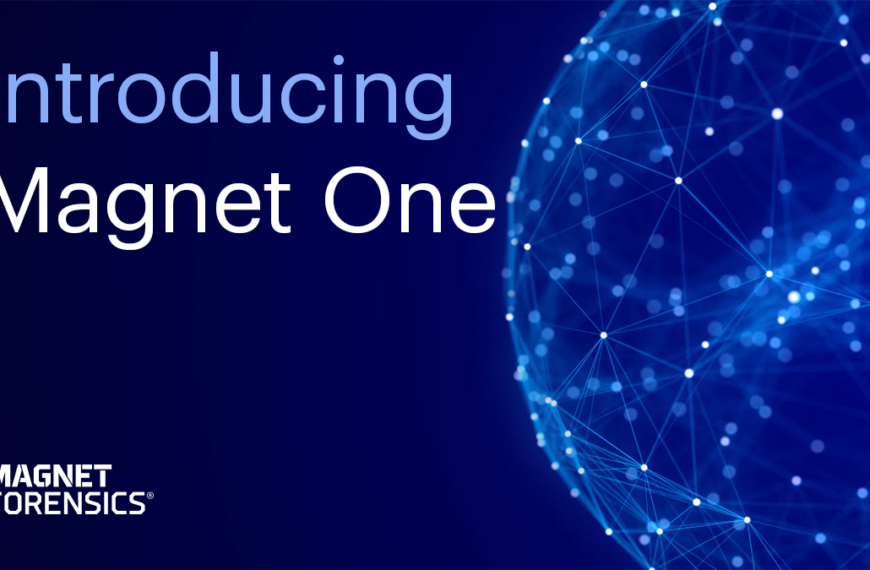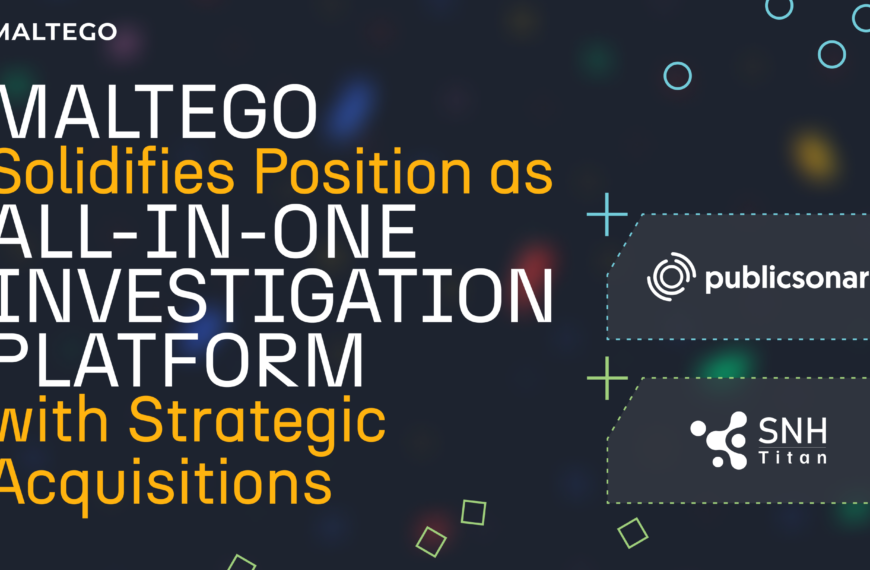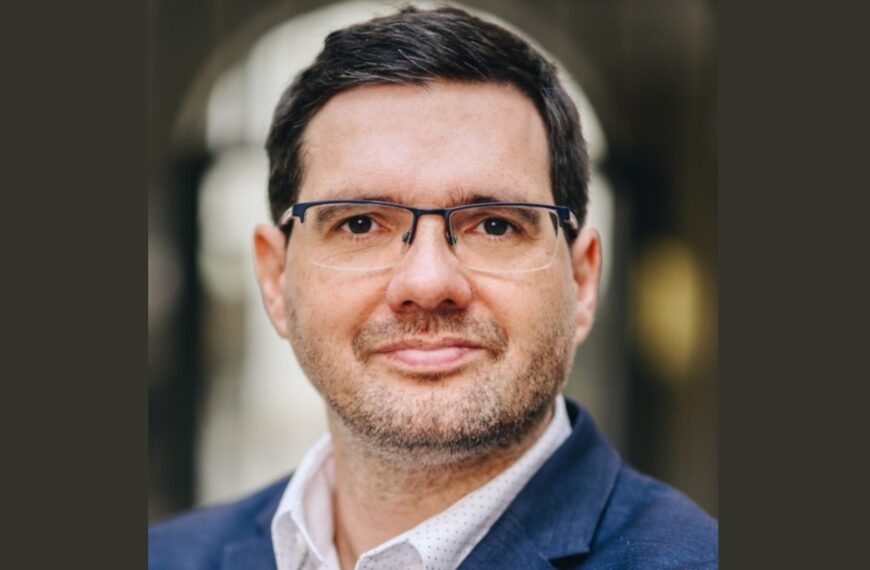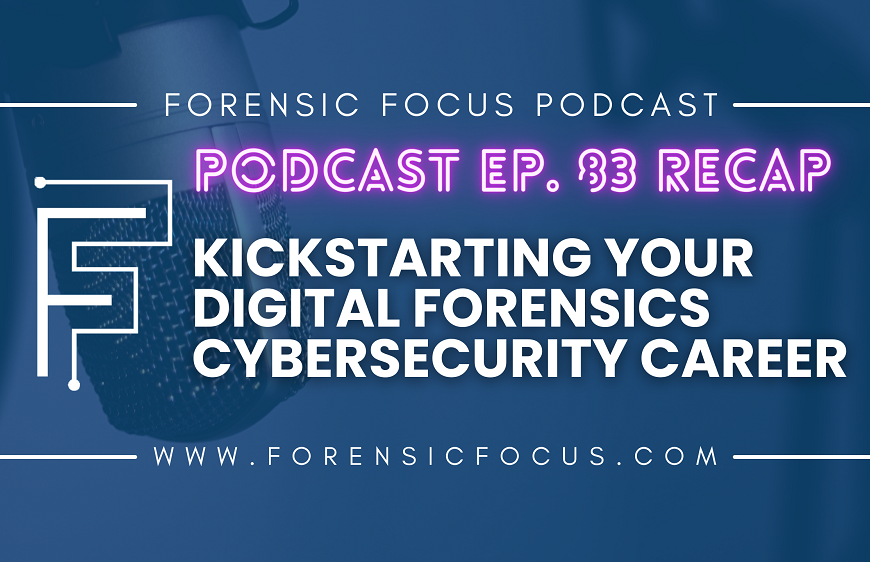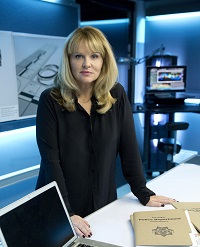 Mary, you're currently Professor and Director at the RCSI's CyberPsychology Research Centre. Tell us a bit about your role and what a typical day looks like.
Mary, you're currently Professor and Director at the RCSI's CyberPsychology Research Centre. Tell us a bit about your role and what a typical day looks like.
I am a CyberPsychologist and Director of the RCSI CyberPsychology Research Centre, I am a Distinguished Professor of the Practice of Cyber Analytics of the Asia-Pacific Institute for Resilience and Sustainability (AIRS), which is jointly anchored at Swansea University’s Network Science Research Centre and Hawaii Pacific University.
The CyberPsychology Research Centre exists to provide analysis, insight and leadership in understanding the benefits, risks and applications of current and emerging human-technology interfaces. Our vision is that our research centre will become a global leader in producing research and supporting education and intervention at the intersection of psychology and technology.There is no such thing as a typical day – one day I am working with Europol in the Hague, the next speaking at a school conference on cyberbullying – yesterday I did at TEDx talk, tomorrow we have research planning meetings at our centre – every day is different for me.
You work with the INTERPOL specialists group on crimes against children as well. In your opinion, what are the main challenges when investigating crimes against children online, and is there anything you think we as digital forensics professionals can do to address these?
My research focuses on virtual criminal profiling and cyber behavioural analysis. I am currently leading an international research project in conjunction with INTERPOL and the London Metropolitan Police, the Australian Federal Police and the Los Angeles Police Department. The project will address child protection issues in cyberspace. NCMEC have over 130,000,000 child abuse material images on their database, effectively this is now a big data problem and those of us who work in this area, and digital forensic specialists, will need to consider leveraging machine intelligence solutions to tackle problems of this scale.
What was it that first made you interested in cybercrime as a research area?
I was always interested in psychology and forensic psychology – then I came across cyberpsychology and could immediately see the application and relevance to cybercrime – cyberpsychology is “the study of the impact of emerging technology on humans,” including the criminal population.
You're also a producer on CSI:Cyber. How do you think public perception of cybercrime investigation has changed in recent years, and what can industry professionals do to make sure the public have a realistic view of the field?
The new show CSI:Cyber has been inspired by my discipline of cyberpsychology, and in particular my work in this area – the lead character played by Patricia Arquette is a cyberpsychologist who works for the FBI.
As a producer I am very involved in the creative process – as an academic my goal is to educate and inform regarding cyber security and safety – I think the series will give the public and industry some very interesting insights into cybercrime investigation.
There is currently a lot of discussion in the industry about trying to increase collaboration between academics, law enforcement and corporate to produce more effective results in digital forensics and cybercrime investigation. How important do you think this is, and how can we work towards it?
We need a transdiciplinary approach to the problem space – I have an academic background in psychology, forensic cyberpsychology, network science and criminology – all of these disciplines help to inform my approach. I work closely with other academics and with police forces – I am the academic advisor to the European Cyber Crime Centre at Europol – regarding certain problems. I think we need to work more on collaboration with industry, but not lose or compromise our academic integrity in the process.
If anyone is interested in learning more about the cyberpsychology of cybercrime – I recommend checking out the annex to the Europol IOCTA 2014 Threat Assessment Report (p.80 onwards).
Finally, what do you do in your spare time?
Unfortunately I don’t have any spare time just at the moment – I am writing a book on popular cyberpsychology and that’s a nice break from research or academic writing.
Mary Aiken is a cyberpsychologist at the CyberPsychology Research Centre in Dublin. The TV programme on which she is a producer, CSI:Cyber, will air on Channel 5 later this year. Mary also works closely with the Dún Laoghaire Institute of Art, Design and Technology, who run a Masters' program in cyberpsychology; more information can be found here.









